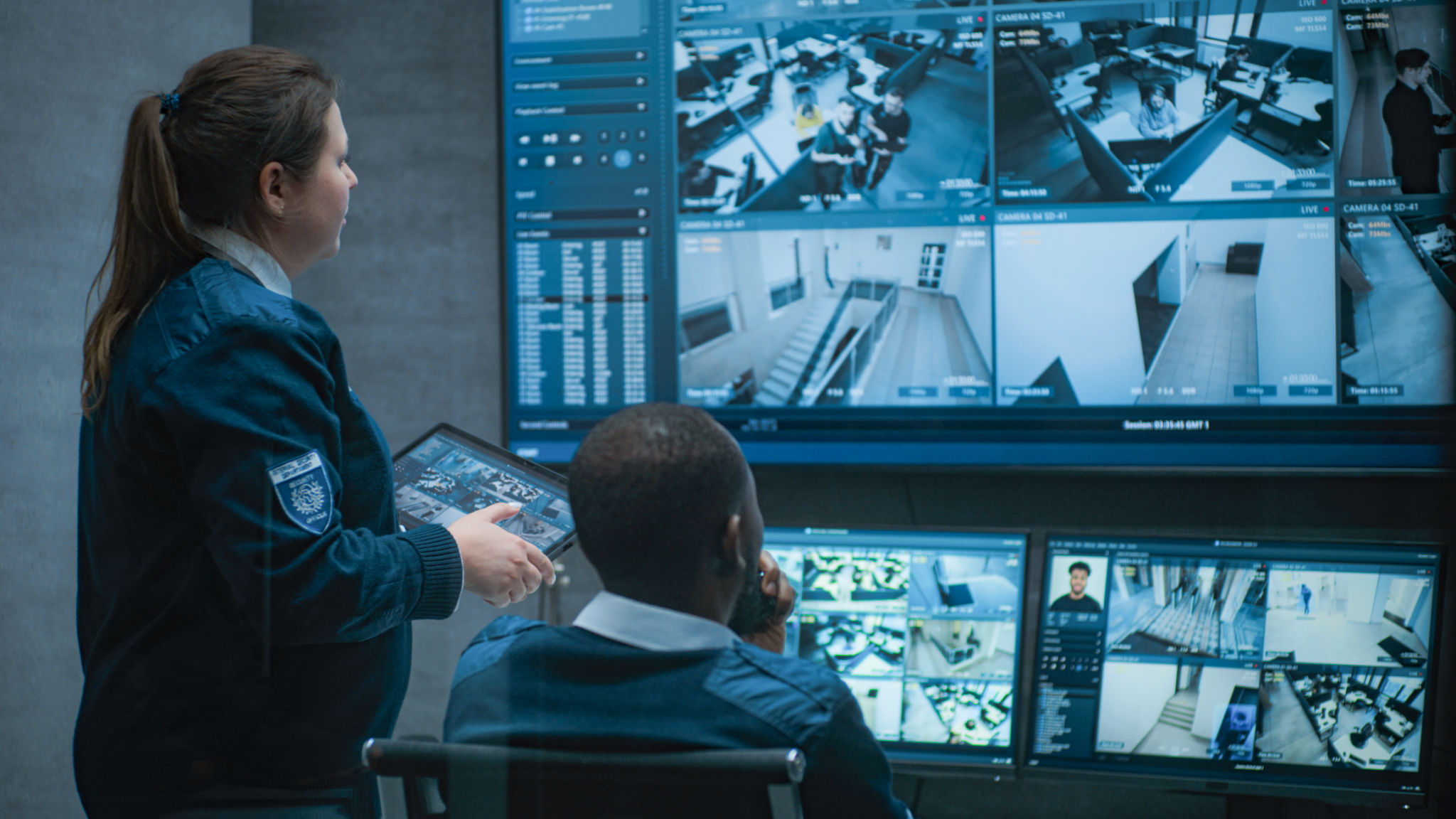IT Security Tips for Hosting Safe Summer Events in Orlando
Understanding the Importance of IT Security for Events
As summer rolls in, Orlando becomes a hub for exciting events, from music festivals to corporate gatherings. With the increase in digital interactions and online ticketing, ensuring robust IT security is crucial. Safe events not only protect organizers but also ensure attendees have a worry-free experience.
Event organizers must prioritize cybersecurity measures to prevent potential threats. Maintaining a secure IT environment can safeguard sensitive data, prevent unauthorized access, and protect against cyber-attacks that could disrupt the event.

Implementing Secure Online Registrations
Online registration systems are a common target for cybercriminals, making it essential to ensure these platforms are secure. Start by using an HTTPS connection for your registration website. This ensures that data transferred between the user and the server is encrypted.
Multi-factor authentication (MFA) can add an additional layer of security. By requiring users to provide two or more verification factors, you reduce the risk of unauthorized access to attendee information. Additionally, regularly update and patch your registration software to address any vulnerabilities.
Ensuring Safe Wi-Fi Access
Providing Wi-Fi at events is now a necessity, but it can also be a security threat if not managed properly. Set up a separate network for attendees and keep it isolated from your internal systems. This minimizes the risk of a breach from the public network affecting your core systems.

Use strong encryption protocols like WPA3 for your event Wi-Fi. Regularly change passwords and avoid default settings to enhance security. Inform attendees about the importance of using VPNs to protect their data when accessing public networks.
Training Staff on Cybersecurity Best Practices
Your team plays a crucial role in maintaining cybersecurity. Conduct training sessions to educate staff about potential cybersecurity threats and safe practices. Ensure they know how to recognize phishing attempts and handle sensitive information securely.
Implementing a clear protocol for reporting suspicious activities can help in early detection and prevention of possible security breaches. Encourage a culture of vigilance, where every team member is aware of their role in protecting the event’s IT infrastructure.

Monitoring and Response Planning
Continuous monitoring of your IT systems during an event is essential. Use intrusion detection systems (IDS) to keep an eye on any suspicious activities. Having a dedicated IT security team in place can ensure quick responses to any potential threats.
Develop a comprehensive incident response plan outlining steps to take in case of a security breach. This plan should include communication strategies, roles, and responsibilities, as well as recovery procedures to minimize damage.
Leveraging Technology for Enhanced Security
Emerging technologies such as AI and machine learning can be leveraged to enhance cybersecurity efforts. These technologies can predict potential threats and automate responses, offering an additional layer of protection for your event.
Consider investing in cybersecurity software that uses these technologies to identify patterns and anomalies that may indicate a cyber threat. This proactive approach can significantly reduce the likelihood of successful attacks.

Post-Event Security Measures
Once your event concludes, maintaining security remains critical. Conduct a thorough review of your IT systems to ensure no breaches occurred. Update all systems and applications with the latest security patches.
Gather feedback from attendees about their experience with event technology and address any concerns promptly. This not only helps improve future events but also reinforces trust with your audience.
By implementing these IT security tips, you can ensure your summer events in Orlando are not only enjoyable but also safe for everyone involved.
